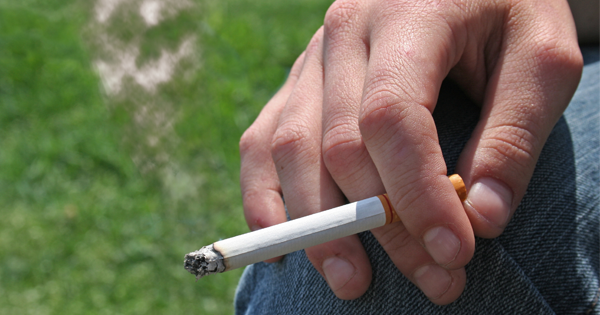Advertisement
Addiction is a difficult thing to struggle with, without another whole issue to deal with in the meantime. But for a lot of addicts worldwide, it looks like there may be more to worry about than just a substance abuse problem.
A new study finds that those who are in treatment for addiction are up to three times more likely to smoke then those who are not.
This was a review of 54 studies done on over 37,000 people in 20 countries, and the results it found were pretty extreme.
It found that of those in treatment for drug and alcohol abuse, 84 percent of them were smokers.
This is a pretty high percentage, especially considering that this is compared to the 31 percent of the general population who smoke.
In the United States, a whopping 76 percent of those in addiction treatment were smokers, where only 18 percent of Americans smoke.
With so many public health efforts to bring down smoking levels among the general population, why is there such neglect among those in treatment for substance abuse?
After all, many of the studies reviewed said that addressing smoking habits in substance abuse patients would help their treatment for substance abuse.
Study leader Joseph Guydish from the University of California, San Francisco, said that “when people come into treatment for drugs and alcohol, we are not treating another addiction that has a significant chance of eventually killing them, which is tobacco use.
“At a public health level, this means that our addiction-treatment efforts should address smoking and tobacco use better than they do now.”
After all, if someone is going in to get treated for addiction and leaves, still addicted tobacco, was anything really done?




